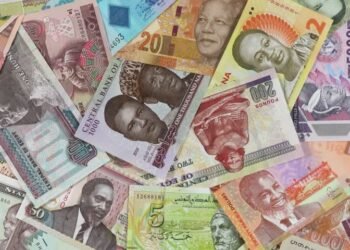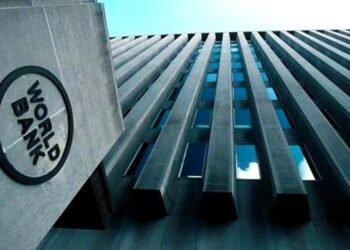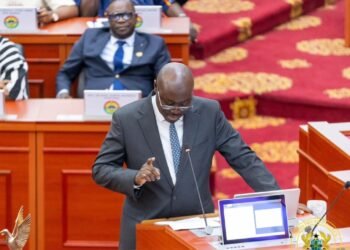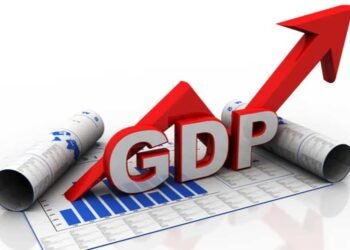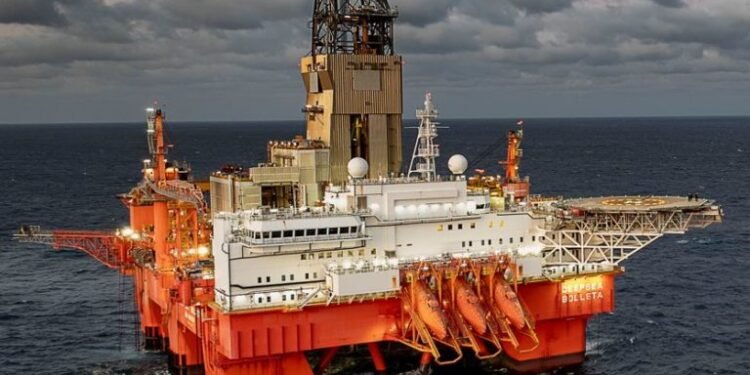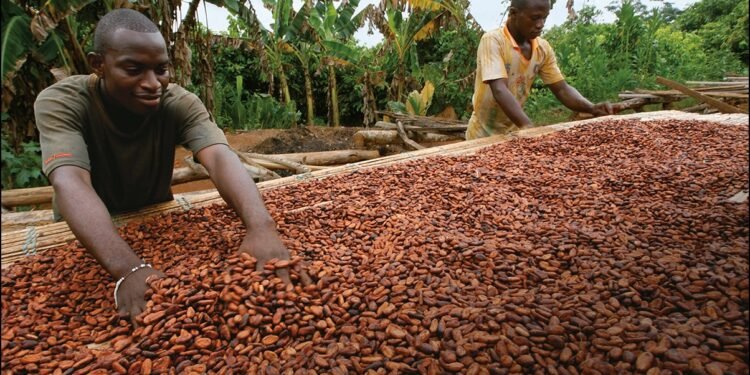Despite a 6.6 percent expansion in the 3rd quarter of this year, Fitch Solutions has revised Ghana’s economic growth rate for 2021 slightly downwards by a 0.3 percentage points in its 1st Quarter 2022 Ghana Country Risk Report.
Per the report, Fitch Solutions now expects West Africa’s second largest economy to rebound at 4.2 percent this year, lower than its earlier forecast of 4.5 percent.
“At Fitch Solutions, we continue to expect Ghanaian economic growth to come in below trend at 4.2% in 2021, largely as a result of a fairly modest recovery in household spending following the first phase of the Covid-19 pandemic in 2020. This compared to average of 5.3% over 2015-2019”.
Fitch Solutions
Fitch Solutions stated in the report that Ghana’s recovery since the slump in 2020 (when growth slowed to 0.4%, a multi-year low) has been modest, with real Gross Domestic Product (GDP) rising by 3.1% year-on-year in Quarter 1 2021 and 3.9% in Quarter 2 2021. Overall, the economy has expanded by an average of 4.5 percent in first nine months of the year.
The recent forecast by Fitch Solutions is however, lower than the government’s expectations of 4.4 percent for the year. The current projection is also lower than the 4.7 percent and 4.9 percent forecast by the International Monetary Fund (IMF) and its sister Bretton Woods Institution, the World Bank, respectively for 2021.
The Ghana Purchasing Managers’ Index (PMI) fell below 50 in July and August 2021, indicating declining private sector activity, when restrictions were tightened amid a third wave of Covid-19 infections, Fitch Solutions noted. Economic activity then recovered sharply in September as restrictions were eased, pointing to the economy gathering momentum in the final months of the year.
Modest consumer spending
The report pinpointed modest consumer spending as a major cause of economic underperformance in 2021, which is also due partly to the low pace of the country’s vaccination exercise.
“We believe that growth in private consumption (71.6% of GDP in 2020) will be below trend over 2021 (3.8%, compared to 4.2% during 2015-2019), adding 2.7 percentage points to headline economic growth. Consumer confidence has been subdued in recent months, partly reflecting the country’s slow inoculation programme. Living costs have also remained high – inflation was 10.6% year-on-year in September – which together with a slow recovery in labour market conditions will constrain households’ disposable incomes”.
Fitch Solutions
Ghana’s economy expanded by 6.6% in the 3rd quarter of this year, the highest since 2019, provisional data from the Ghana Statistical Service indicated.
Without oil, however, the economy grew at a rate of 8.6% in the nine months of 2021. This was a significant increase from what was recorded the same period last year, which was a contraction, as a result of the Covid-19 pandemic.
The main sub-sectors that expanded in quarter three of 2021 are Education (24.2%); Health & Social Works (20.5%); Information & Communication (17.0%); Professional Administrative & Support (16.7%); Hotel & Restaurants (16.4%); Public Administration & Defence, Social Security (16.3%); Fishing (14.3%), Real Estate (11.5%), and Crops (9.8%).
However, with a contraction in the industry sector, experts believe the economy is not expanding in the direction that will help create sustainable jobs for the teeming unemployed youths. Currently the unemployment rate stands 13.4 percent, according to recent data from the GSS, further raising concerns about the ‘jobless growth’ challenge facing the country.
READ ASLO: Police Cautions Religious Leaders Against False Prophecies




